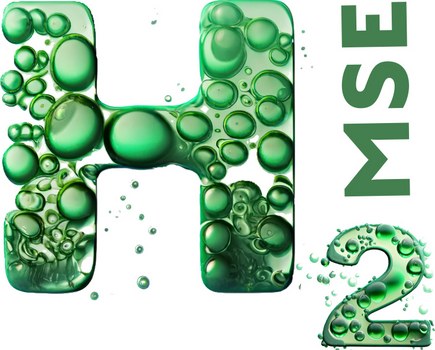Travel information
Address of the venue
Travel information
Citizens of the EU
For visitors from most countries, Germany requires a passport, which needs to be valid for at least 6 months. EU nationals do not require a visa to enter the Federal Republic of Germany.
Non-EU citizens
All Non-EU citizens require a visa. However, a visa is not required for visits of up to 90 days in an 180 day period for nationals of those countries for which the European Community has abolished the visa requirement.
You may apply for short stay visas (Schengen Visas) at missions of the German Federal Foreign Office, such as embassies and consulates.
Please also visit the homepage of “Auswärtiges Amt” to find a detailed table of all countries requiring a visa and more information on visa regulations, as well as a list of German missions around the world.
Invitation Letter
An invitation letter for the purpose of obtaining a travel visa or permission to attend the meeting will be handed out on request after registration for the conference. For the invitation letter we need the following information of your passport:
- date of birth (day.month.year):
- nationality:
- passport number:
- expiry date of passport (day.month.year):
- place of birth (city, country):
If you need a letter of invitation in order to apply for a German visa, please contact the Symposium Office vie e-mail to: h2msedgm.de
After receipt of your passport details we will issue the invitation letter and send it to you by email.
Currency
As in most countries of the European Union, the official German currency is the Euro (€). Please note that there are no general bank hours in Germany. Most banks are open in the morning hours and just a few hours in the afternoon or early evening. Major credit cards are accepted at most cashpoints, stores, restaurants and hotels.
Telephone and Internet
Germany's international pre-dial is +49 (0049).
Public places like airports, universities, libraries, restaurants and cafés may offer "free"-WiFi Hotspots.
Electricity
The electrical power supply in Germany is 220v, 50 Hz, AC. Official plugs in Germany are:
- "Schukostecker" (round) Type F/ CEE 7/4
- "Eurostecker" (flat) Type C/ CEE 7/16
Time
Germany's standard time zone is UTC/GMT +1 hour.
Arrival…
… by car
Situated in the picturesque Rhineland region, Siegburg is easily accessible by car, thanks to the extensive German motorway network. Travelers can navigate through the A3, A59, and A560 motorways to reach the city smoothly. Upon arrival, parking is available in numerous locations around the city, with prices typically ranging from EUR 5 to EUR 10 per vehicle per day, ensuring a stress-free start to your visit.
… by train and bus: Use the DB Event Ticket to book your journey!
To travel to Siegburg/Bonn via Deutsche Bahn, you would typically begin by booking a train to Siegburg/Bonn Station, a major rail hub serviced by ICE, IC, and regional trains from across Germany. This station offers direct connections to major cities such as Cologne, Frankfurt, and Munich, making it a convenient entry point.
Once you arrive at Siegburg/Bonn Station, you can easily transfer to local transport options. The station is well-connected to the local bus network, which can take you to various parts of Siegburg and the surrounding areas. Additionally, Bonn is just a short ride away, accessible via the S-Bahn (S12 and S19 lines) or regional trains, providing a quick and efficient route. Both train and bus services operate frequently, making it easy to find a suitable connection upon your arrival.
H2 MSE 2025
11 - 13 February 2025 | H2 MSE in Siegburg/Bonn (Germany) & online
H2 MSE 2025
11 - 13 February 2025 | H2 MSE in Siegburg/Bonn (Germany) & online
Sign up for our newsletter
Subscribe to our newsletter for regular updates about materials science topics!
After subscribing, you will receive an email from us with a confirmation
link.
Only after clicking this link your registration is completed.

